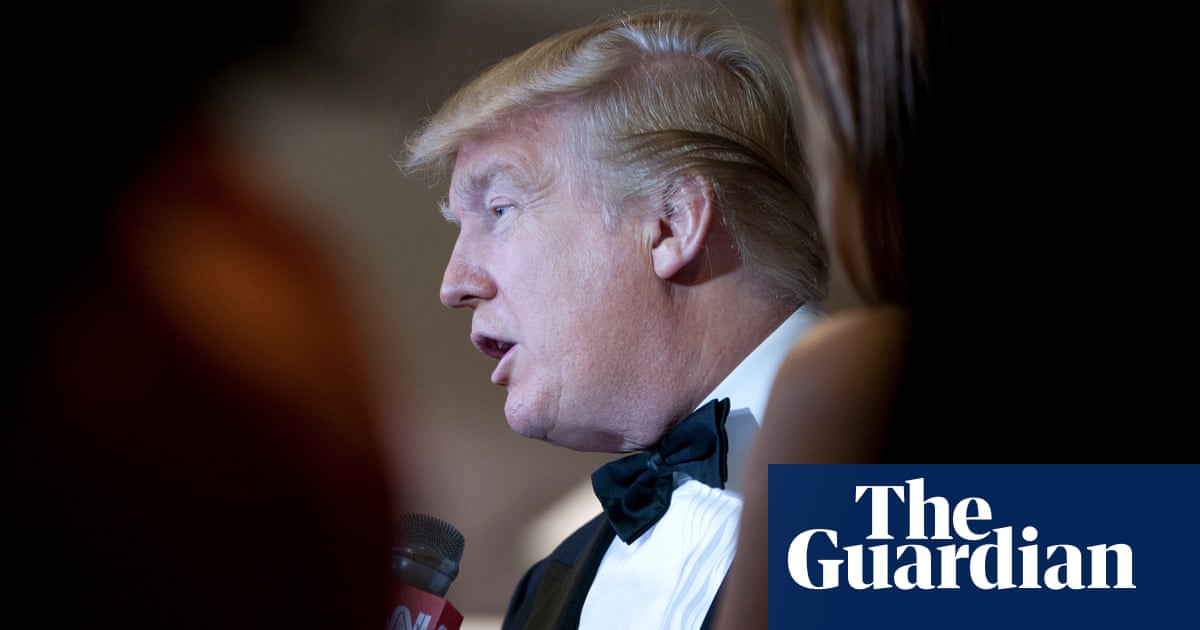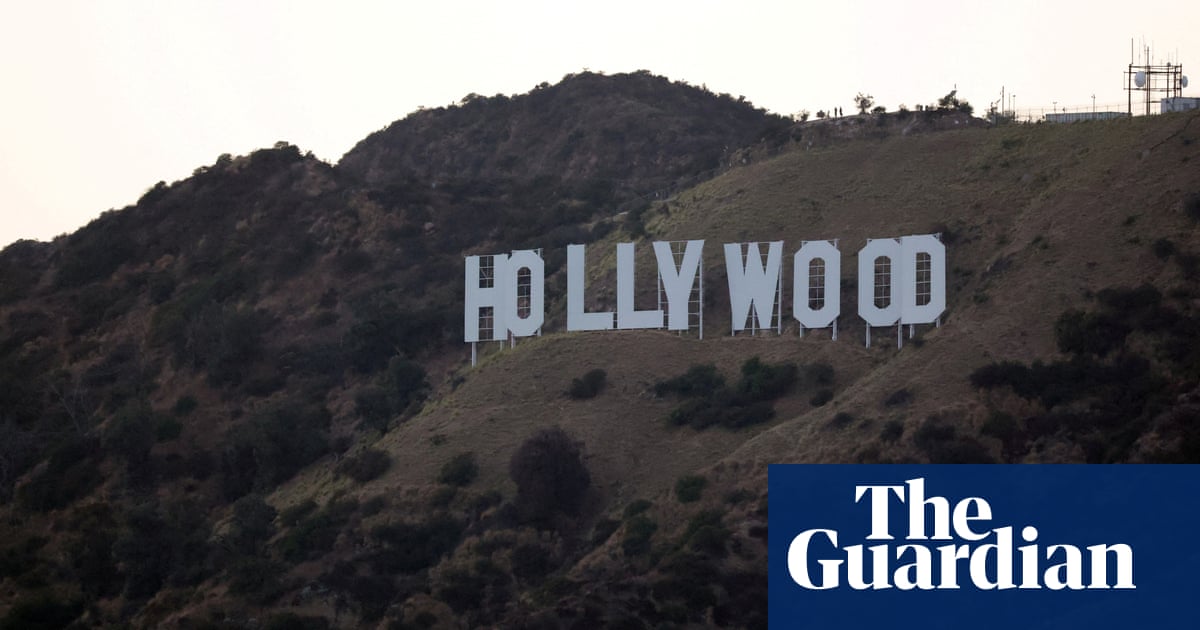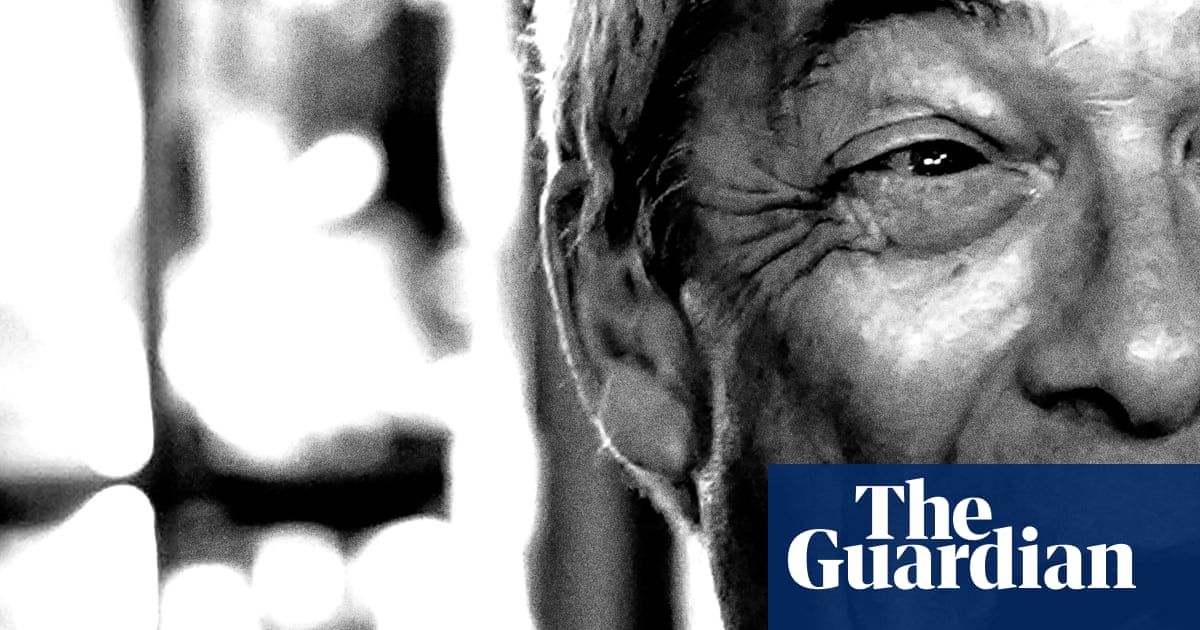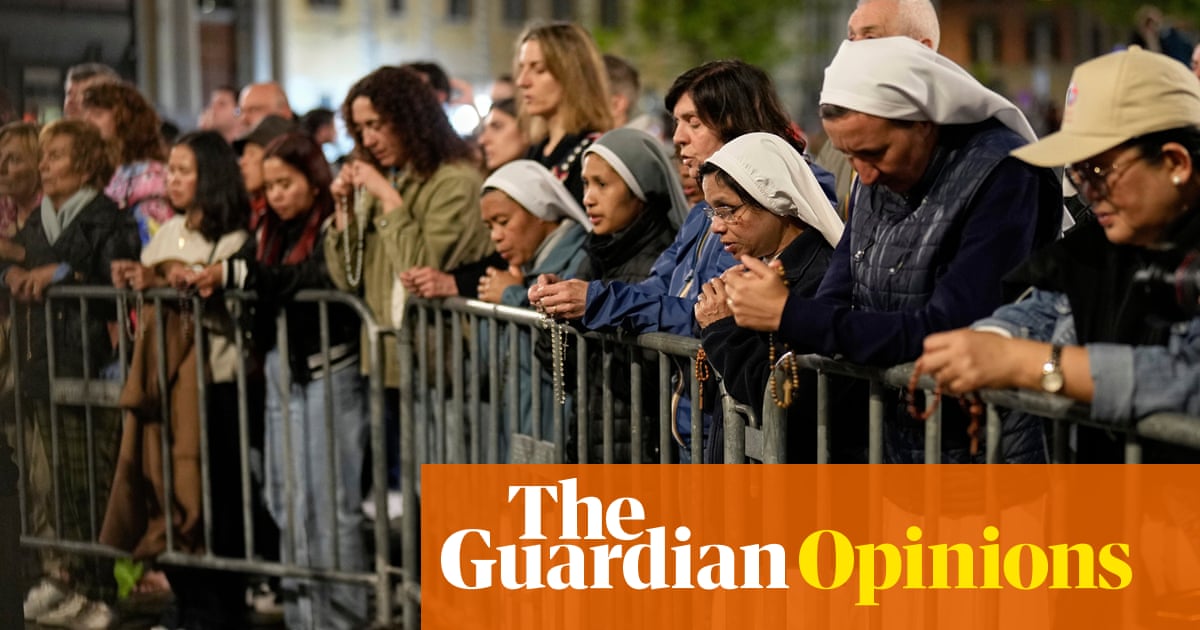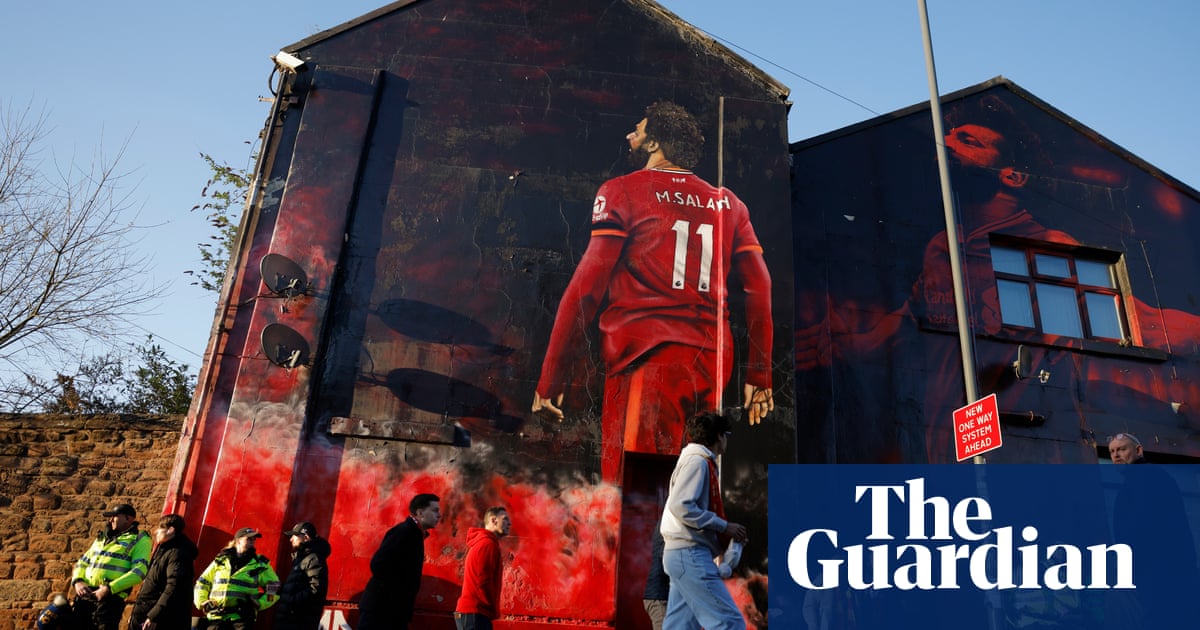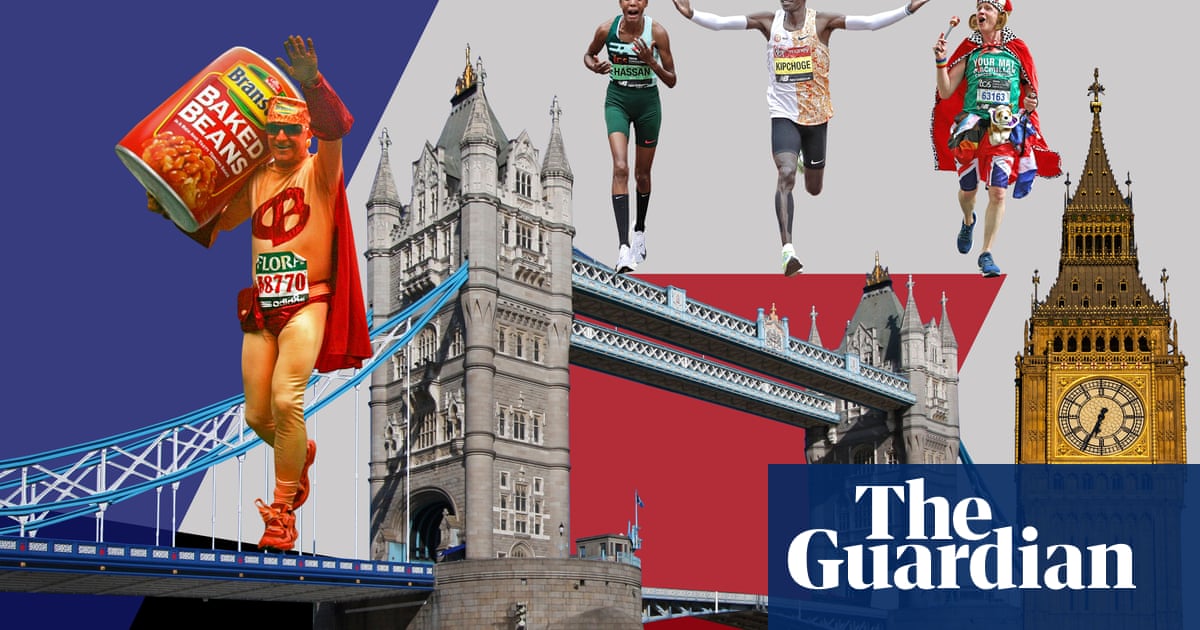The Metropolitan police have been accused of in effect banning major pro-Palestine marches outside the BBC’s Broadcasting House headquarters in London.
Organisers of regular demonstrations over the events in Gaza said they had been told that a Saturday protest risked “serious disturbance” of Shabbat services at a nearby synagogue.
Ben Jamal, the director of the Palestine Solidarity Campaign (PSC), said Saturday was the traditional day of the pro-Palestine demonstrations as it allowed people from across the country to attend.
“On Sunday, the transport situation is terrible and so Saturday is the day we demonstrate,” he said. “The police are effectively stopping us from staging pro-Palestine protests outside the BBC.”
The row highlights the difficulties facing the Met, whose commissioner, Sir Mark Rowley, was accused last month by the chief rabbi, Sir Ephraim Mirvis, of failing to ensure British Jews feel safe after the force permitted pro-Palestinian protests to take place near synagogues.
The Central Synagogue on Great Portland Street is a few hundred yards from Broadcasting House on Portland Place.
A Met spokesperson said officers had taken into account the “cumulative effect” of the regular London marches on the capital’s Jewish community.
They said: “The role of the police is to ensure that groups can protest lawfully, while also balancing the rights of those in the wider community to go about their lives without serious disruption.
“We have carefully considered the likely impact of the PSC’s plans. As part of those considerations we have reflected on the views of local community and business representatives, including those of the congregation at a synagogue located a very short distance from the proposed ‘form up’ point in Portland Place.
“As we have shared with the PSC, it is our view that a protest forming up so close to that synagogue on a Saturday – the Jewish holy day – when congregants will be attending Shabbat services, risks causing serious disruption.
“In reaching this view we have taken into account the cumulative impact of this prolonged period of protest, often taking place on Saturdays and on numerous occasions in the vicinity of synagogues.
“We know this has been a cause of increased concern for many Jewish Londoners who have altered their plans, avoided parts of central London and reduced attendance at religious services.”
after newsletter promotion
The Met said they would “consider the use of Public Order Act conditions as appropriate” if an attempt was made by organisers to continue with the plans.
The PSC had already announced its intention to assemble outside the corporation’s London headquarters on 18 January for a march to Whitehall in protest against what organisers had described as the “pro-Israel bias” of the BBC’s coverage.
They believed that they had been given the green light for the protest before Christmas and accused the Met of going back on a previous deal.
“The BBC is a major institution – it is a publicly funded state broadcaster and is rightly accountable to the public,” the PSC said. “It is unacceptable for the police to misuse public order powers to shield the BBC from democratic scrutiny. This route, beginning at the BBC, has only been used twice in the last 15 months of demonstrations and not since February 2024.”
The PSC said the planned march route would not have passed the synagogue. They added that the Met police had “acknowledged, there has not been a single incident of any threat to a synagogue attached to any of the marches”.

.png) 3 months ago
36
3 months ago
36




